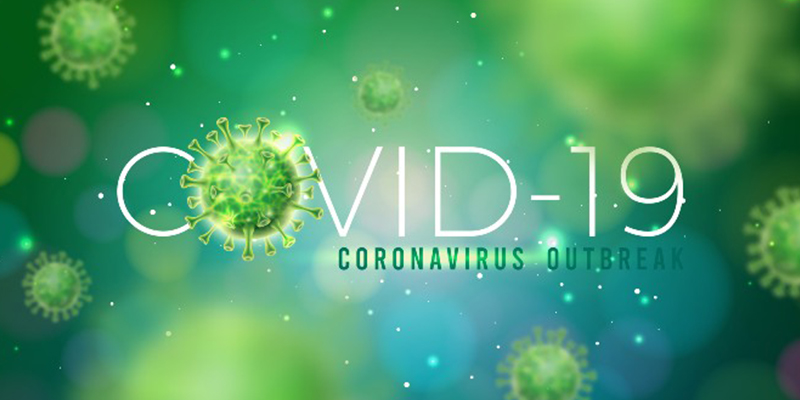Testing of COVID-19 for serological surveillance and diagnostic purposes has become the most integral part of response against the pandemic. Apart from the standard PCR test which is considered as the ‘gold standard’ for the detection of SARS-CoV-2 infection, various antigen and antibody based tests are the latest entrants in COVID-19 diagnostics.
As these tests gain more and more popularity, let’s know about the applications and the differences of these tests.
What are antibodies and antigens?
An antigen is a molecule that triggers an immune response. They may be polysaccharides, proteins, lipids or nucleic acids. Each antigen has distinct surface features that are recognized by the immune system.
The causative of the COVID-19 disease, the SARS-CoV-2, has several recognized antigens including its nucleocapsid phosphoprotein and spike glycoprotein, which are the visible protrusions on its surface.
In response to an antigen exposure, the immune system of the body produces antibodies, which are Y-shaped protein molecules that binds with antigens to help eliminate them from the body.
When the body gets infected with SARS-CoV-2, the immune system produces antibodies that bind specifically to the spike proteins and other antigens to help eliminate the virus. This binding can be utilized to develop antibody and antigen-based diagnostic tests.
What’s an antibody test?
An antibody test reveals if a person has already been exposed to an infection. It detects antibodies present in blood or serum. These tests are usually not used to diagnose current infection as it takes the body some time to produce antibodies. Antibody based tests can be done by a laboratory-based test such as an ELISA.
What can be inferred from antibody test?
Antibody based tests can help track the spread of the virus thus providing a clear picture of the COVID-19 pandemic. They also help to estimate how many people have already been infected with SARS-CoV-2, which can be important in assessing herd immunity.
Further to this, antibody based tests can also help to identify those who should be prioritized for vaccination, and those who can be potential donors for convalescent plasma therapy.
Shortcomings of the antibody tests
Antibody test results are unfortunately not always correct.
An antibody test may give negative results if the test is taken just after the infection as it takes body some time to release antibodies. Also, false positive results may be obtained due to cross-reactivity with antibodies present as a result of previous infection with other coronaviruses.
Are there any SARS-CoV-2 antibody test currently available?
Leading health technology organizations have come up with a number of antibody tests. Among them Trivitron Healthcare’s COVID Kavach is claimed to be one of the best available options.
What are antigen tests and what can be inferred from it?
An antigen test reveals if a person is at present, infected with the SARS-CoV-2 pathogen. Once the infection goes, the antigen disappears.
In contrast to nucleic acid based tests like the PCR, such as COVIDsure Pro Multiplex RT PCR kit , which detects the presence of genetic material, antigen tests detect proteins or glycans, such as the spike proteins found on the surface of the SARS-CoV-2 virus.
Antigen based tests do have certain limitations, however, they usually provide test results rapidly, are relatively cheap, and can be more amenable to point-of-care use, which could make them more suitable for testing in the community and in remote regions.
Are there any SARS-CoV-2 antigen test currently available?
A number of antigen based COVID-19 tests are available. Very recently, Trivitron Healthcare’s Biocard Pro Rapid Ag test has been approved by the ICMR as a reliable antigen based test for SARS-CoV-2.

